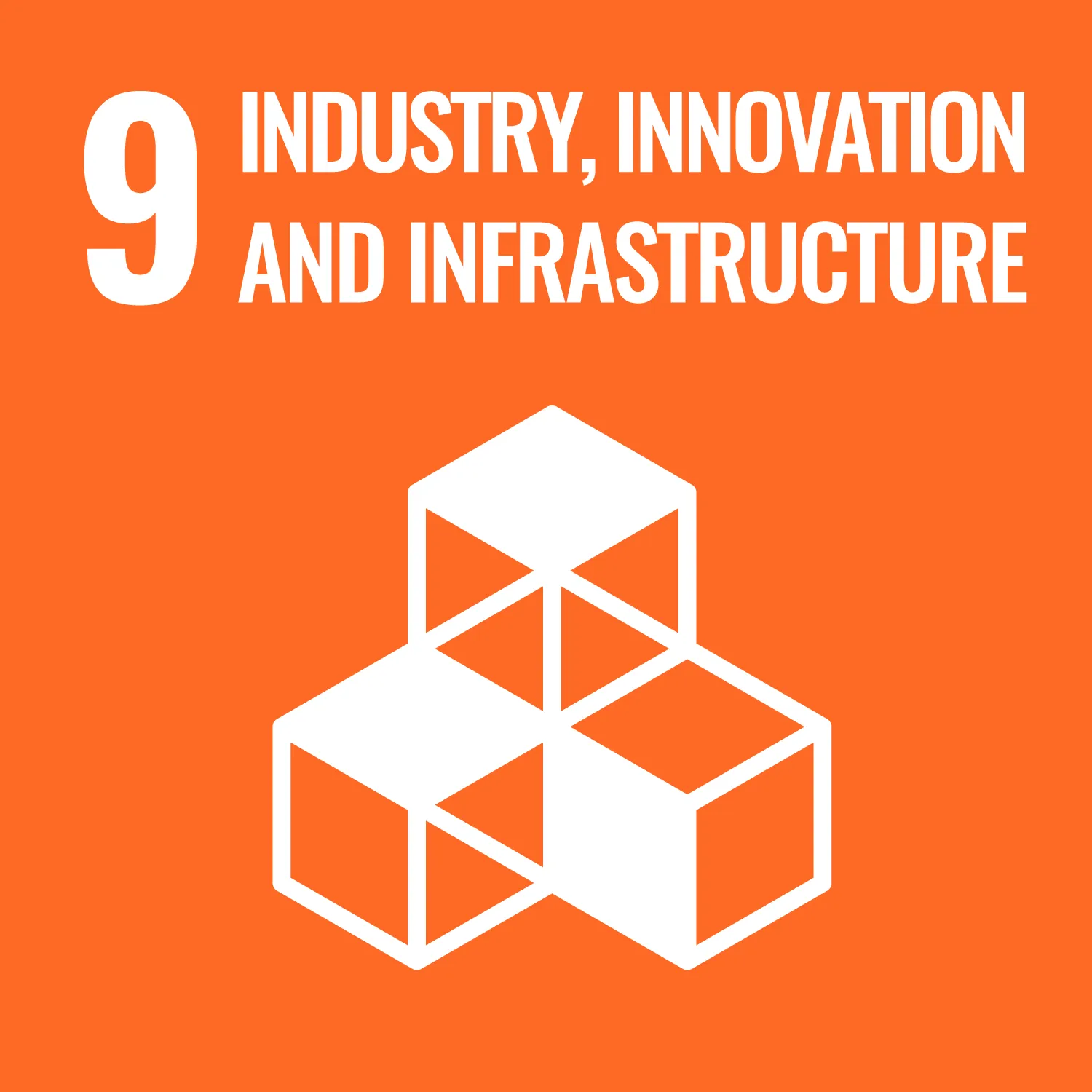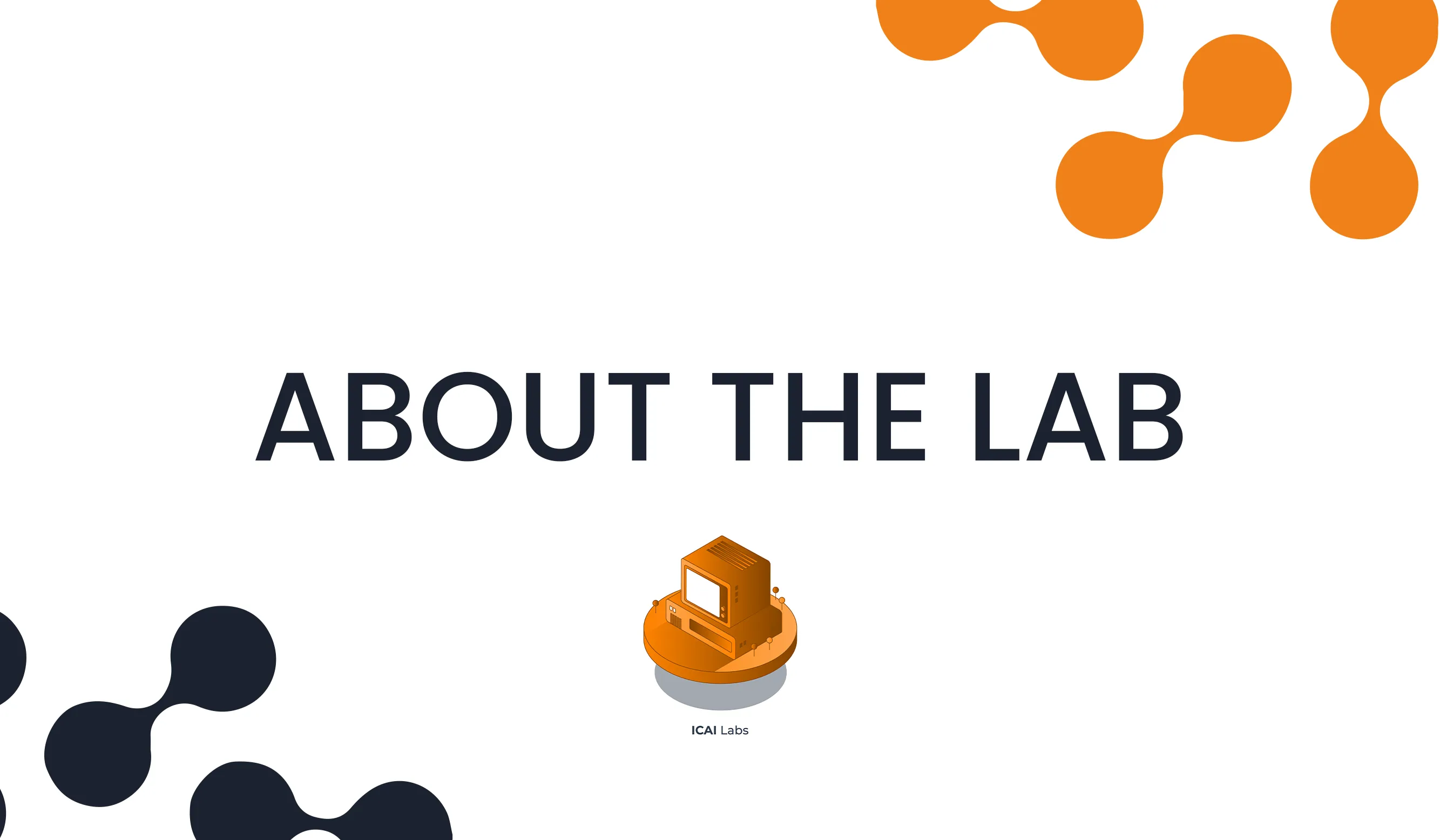Healthy AI lab
A collaboration between Siemens Healhtineers, UMC Groningen, Radboud UMC, and the University of Twente.
The research at the HEALTHY-AI Lab aims to develop trustworthy, robust artificial intelligence (AI) technology for use in healthcare, with a primary focus on assisting with prostate cancer diagnosis using magnetic resonance imaging (MRI) and exploring the ethical challenges of achieving trustworthy AI. HEALTHY-AI Lab is a collaboration between Radboud UMC, Siemens Healhtineers, UMC Groningen, and the University of Twente.
Recent breakthroughs in Artificial intelligence (AI) allow its use as an assistive technology in healthcare. However, the adoption of AI is stalling partly because of a lack of trust among clinicians and patients. HEALTHY-AI is about developing trustworthy, robust AI, with a primary application to a prostate cancer diagnosis with MRI. Prostate cancer strikes as many as 1 in 9 men. Recent developments in prostate MRI make non-invasive detection feasible. This avoids biopsies and allows for earlier detection at a more curable stage. However, the rapidly increasing workload and high level of expertise are a huge concern. AI can exploit MRI to its full potential to maximize the impact on quality of care, reduce healthcare costs, and reallocate time from routine decision-making to human-centric care.



Research projects
Model-driven AI methods for prostate MRI analysis: aims to develop AI methods for prostate MRI analysis that are repeatable, reproducible, and safe.
AI-assisted clinical pathway analysis: aims to develop methods that can handle pathway analysis data and provide trustworthy predictions. Pathway
Prostate MRI detection AI – Scientific quality management for repeatability and safety: aims to provide AI-based solutions for MRI detection in a continuous feedback framework.
AI-assisted MRI surveillance of prostate cancer: aims to develop AI that can optimally interpret imaging follow-up.
AI-assisted MR acquisition and steering: aims to develop AI that helps MRI to scale up to widespread clinical adoption.
PHD Students



Partners
Development, testing, and validation will mostly be performed by members of the radiology departments of the Radboud University Medical Center and University Medical Center Groningen. Siemens Healthineers will have the leading role in implementing the final products.
The Radboud University Medical Center (Radboudumc) is the teaching hospital affiliated with the Radboud University, in the city of Nijmegen in the eastern-central part of the Netherlands.
University Medical Center Groningen, formerly Groningen University Hospital, is the main hospital in Groningen, Netherlands. The medical centre is affiliated with the University of Groningen and offers supraregional tertiary care to the northern part of the Netherlands.
Siemens Healthineers is a German company which provides healthcare services. Siemens Healthineers is the parent company for several medical technology companies and is headquartered in Erlangen, Germany.
University of Twente is a public technical university located in Enschede, Netherlands.




.svg)

